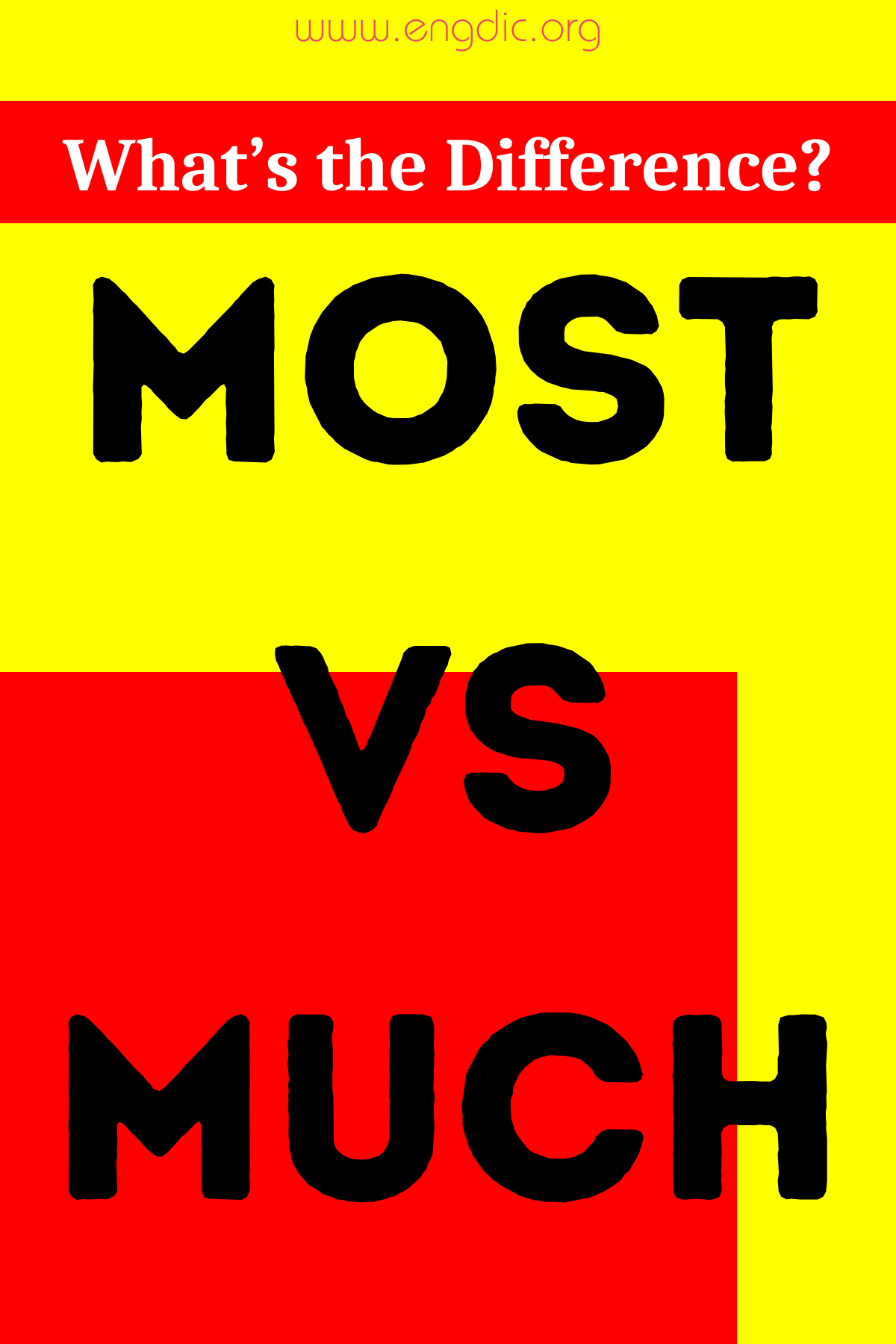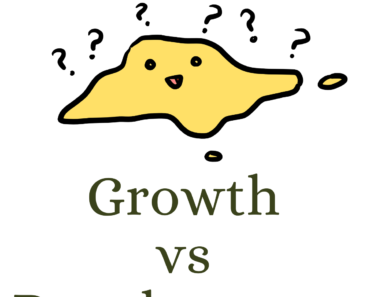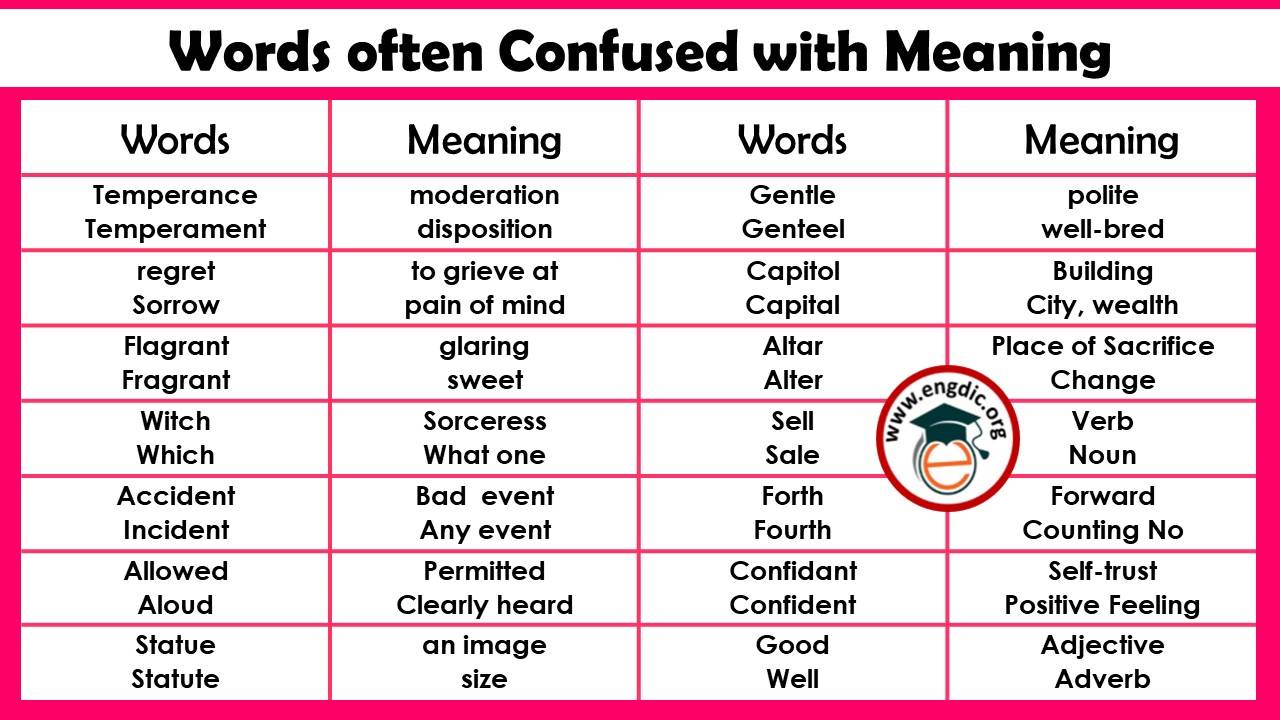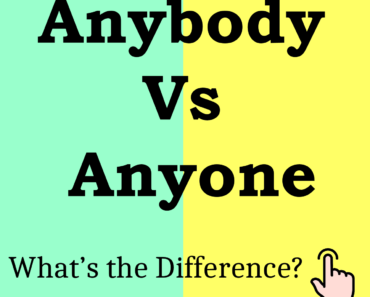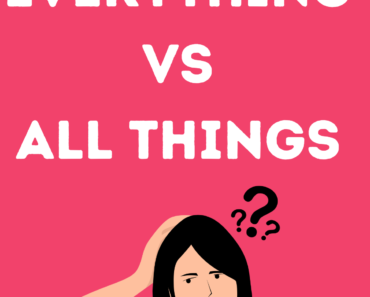When distinguishing between “most” and “much,” it’s crucial to understand their applications in language. “Most” is commonly used to indicate the highest degree or largest portion of a quantity, often used in superlative forms or to describe a majority. On the other hand, “much” is used to describe a large amount of something, typically uncountable nouns, and is more often seen in questions, negative constructions, and comparative forms.
Definition of “Most”
“Most” is an adjective, adverb, or pronoun that signifies the greatest in number, amount, or degree. As an adjective, it can modify a noun (“the most water”) or stand alone as a pronoun (“Most of this is gone”). As an adverb, it enhances the meaning of an adjective or another adverb (“most beautifully written”).
Usage of “Most”
- As a superlative: Used to describe the extreme or highest degree when comparing three or more items (e.g., “She is the most interesting person I know”).
- Quantitative sense: Refers to the majority or the largest part of something (e.g., “Most of the cake has been eaten”).
- Informal usage: Sometimes used to mean “almost” in informal contexts (e.g., “most every student agrees”).
Examples:
- “Most people enjoy a sunny day.”
- “She spent most of the money on books.”
- “Most likely, he will arrive on time.”
Definition of “Much”
“Much” is an adjective and adverb used primarily with uncountable nouns to denote a large quantity, extent, or degree. As an adjective, it often precedes a noun (“much water”), and as an adverb, it modifies verbs, adjectives, or other adverbs (“much appreciated”).
Usage of “Much”
- Describing quantity: Used with uncountable nouns to indicate a large amount (e.g., “much water was wasted”).
- In questions and negations: Frequently appears in interrogative or negative sentences to emphasize quantity (e.g., “Is there much sugar left?” or “There isn’t much time”).
- Comparative forms: Often used to create comparative expressions (e.g., “much more interesting”).
Examples:
- “There isn’t much interest in the proposal.”
- “He doesn’t talk much about his past.”
- “Much of what he said was true.”
Understanding these differences helps in crafting more precise and effective communication, ensuring that “most” and “much” are used appropriately to convey the intended meaning.
